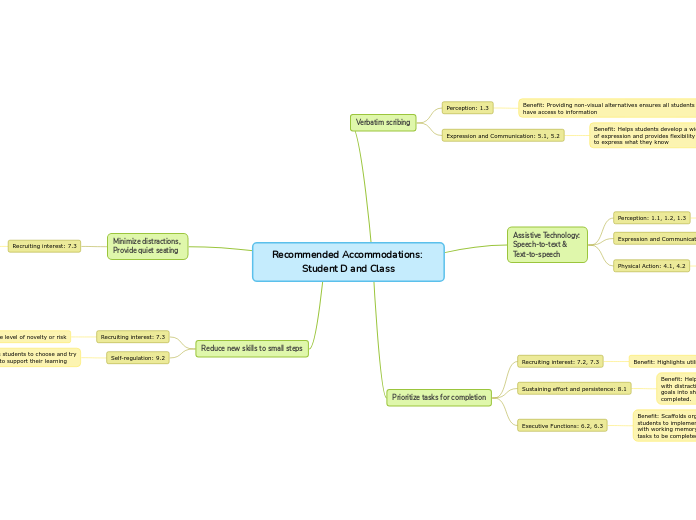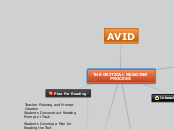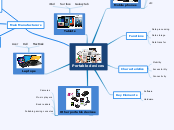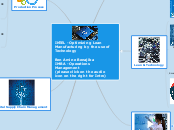realizată de Sarah Jones 4 ani în urmă
155
Recommended Accommodations: Student D and Class
Providing tailored accommodations for students can significantly enhance their learning experience. Breaking down new skills into smaller, manageable steps can foster better self-regulation and adaptive strategy use.









